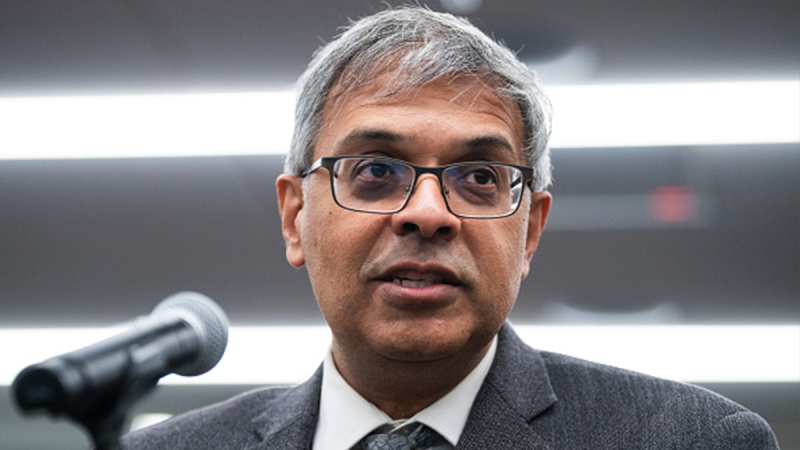The recent nomination of Dr. Jay Bhattacharya by former President Donald Trump for the Director position at the National Institutes of Health (NIH) has stirred both intrigue and debate within the medical and economic spheres. Dr. Bhattacharya, a highly regarded physician and economist, has garnered attention for his extensive research on public health policies, particularly in the context of the COVID-19 pandemic.
With an impressive background in both medicine and economics, Dr. Bhattacharya’s nomination reflects a growing recognition of the intersectionality between healthcare and economic considerations. His work has often emphasized the need for balanced and data-driven approaches to public health crises, acknowledging the complex interplay between medical interventions and their broader societal impacts.
As a leading figure in the field of health economics, Dr. Bhattacharya’s research has challenged conventional wisdom on various public health issues. His advocacy for targeted protection strategies for vulnerable populations during the COVID-19 pandemic, as opposed to more widespread lockdown measures, has sparked discussions on the trade-offs between health outcomes and economic well-being.
Critics of Dr. Bhattacharya’s nomination point to concerns about his stance on certain contentious issues, including his opposition to stringent lockdown measures and support for alternative approaches to managing the pandemic. Some have questioned the compatibility of his views with mainstream public health recommendations and the potential implications for NIH’s response to future health crises.
Nevertheless, supporters of Dr. Bhattacharya’s nomination highlight his expertise in bridging the gap between medicine and economics, a skill set that could prove invaluable in shaping evidence-based health policies. His track record of innovative research and willingness to challenge prevailing paradigms offer a fresh perspective on addressing complex health challenges.
Dr. Bhattacharya’s nomination, if confirmed, has the potential to usher in a new era of interdisciplinary collaboration within the NIH and beyond. By leveraging his unique background and expertise, he could contribute to a holistic and pragmatic approach to addressing public health crises, while also taking into account the broader socioeconomic implications of healthcare interventions.
As the debate surrounding Dr. Bhattacharya’s nomination continues to unfold, it underscores the importance of fostering dialogue between different disciplines to develop comprehensive and effective solutions to pressing public health challenges. The convergence of medicine and economics in the form of a prominent figure like Dr. Bhattacharya represents a promising step towards a more integrated and multidimensional approach to healthcare policymaking.

